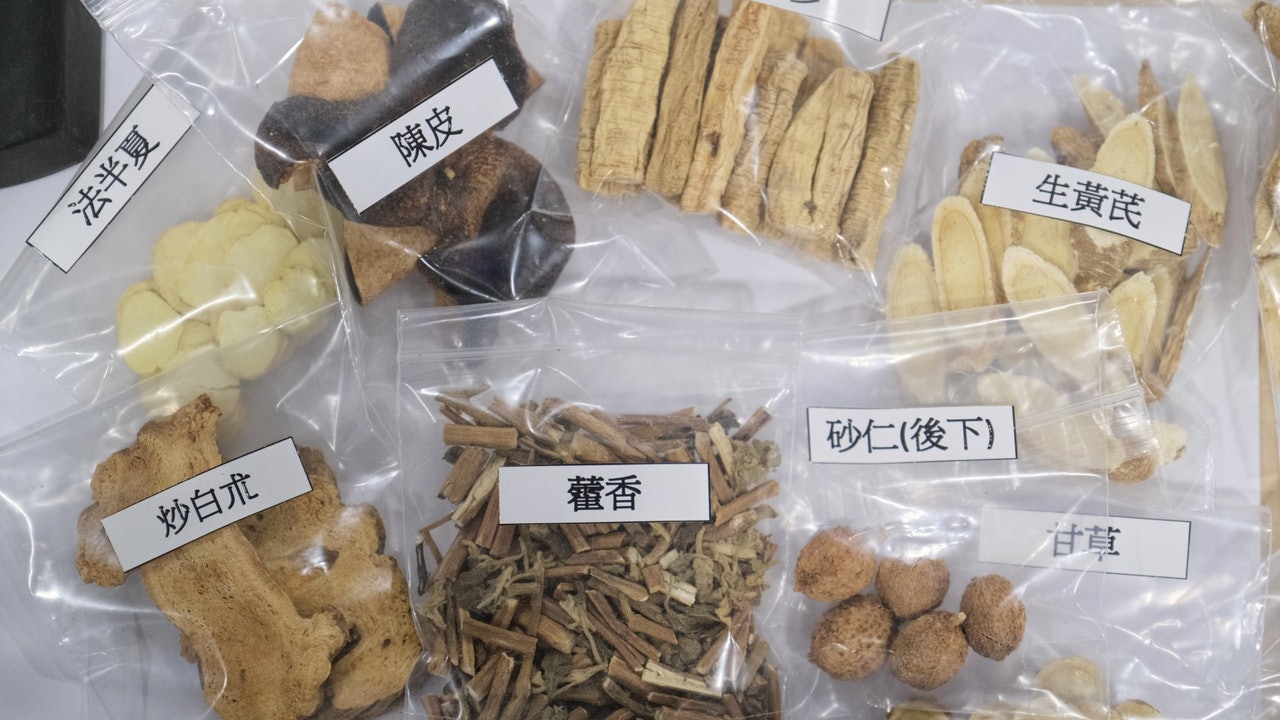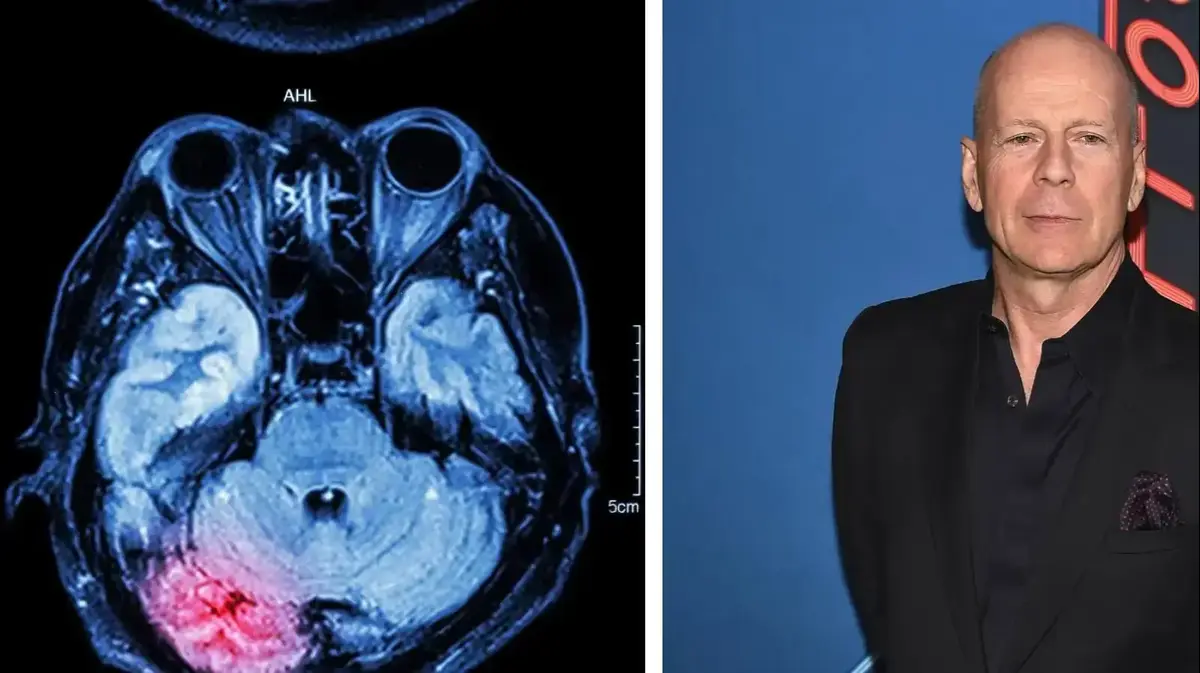Social News
Written by: Li Enci
2020-10-28 19:28
Last update date: 2020-10-28 19:29
The Hospital Authority has earlier launched the "Special Chinese Medicine Outpatient Clinic Service" to continue to provide free outpatient services for patients with new coronary pneumonia after discharge from the hospital. More than 400 recovered patients have participated.
The colleges of traditional Chinese medicine at the three universities have started observational studies in September, and currently more than 70 recovered people have participated.
Bian Zhaoxiang, Associate Vice President (Development of Chinese Medicine) of Hong Kong Baptist University, said that more patients have qi deficiency and phlegm dampness.
After 8 treatments, the patient's asthma, taste and smell disorders, and emotional problems all improved significantly.
A 19-year-old male patient said that when he was discharged from the hospital, "100% had no sense of smell, but I could not hear it." He also had mild asthma. After the outpatient treatment of Chinese medicine, the sequelae were significantly improved by the 5th to 6th follow-up visit.
The Hospital Authority started in late April this year to launch the "Special Chinese Medicine Outpatient Clinic Service". Recovered patients can receive 10 free outpatient services at seven Chinese medicine clinics and teaching and research centers in Hong Kong within six months of discharge.
The plan is voluntary and more than 410 patients have participated.
Huang Qiaoyun, director of the Chinese Medicine Department of the Hospital Authority, believes that this means that nearly 10% of patients are willing to seek assistance from Chinese medicine.
In addition, the Baptist University, the University of Hong Kong, and the School of Chinese Medicine of the Chinese University of China have jointly launched a six-month observational study starting in early September.
They hope to recruit 150 patients who have participated in the "Special TCM Outpatient Clinic Service" to undergo 8 assessments and collect data on TCM syndromes, lung function, physical fitness and quality of life.
At present, a total of 71 people in the seven Chinese medicine clinics are participating in the study, mainly patients between the ages of 41 and 70. Nearly half of the patients have a history of chronic diseases.
Bian Zhaoxiang, Associate Vice President (Development of Chinese Medicine) of Hong Kong Baptist University, said that among the patients who participated in the study, there were more patients with qi deficiency and phlegm constitution.
(Photo by Luo Junhao)
After eight treatments, asthma, taste and smell disorders, and emotional problems have been significantly improved
Bian Zhaoxiang, Associate Vice President (Development of Chinese Medicine) of Hong Kong Baptist University, said that among the patients participating in the study, there are more patients with qi deficiency and phlegm dampness, accounting for 17% and 16% respectively.
People with qi deficiency are more prone to asthma and fatigue; those with phlegm are prone to phlegm, obesity and moodiness.
When asked whether people with these two constitutions are more susceptible to contracting new coronary pneumonia, he said that the constitution may change after the infection, which still needs to be studied.
In terms of symptoms, poor sleep soundness, wheezing, fatigue and coughing are the most common symptoms. More than 20 recovered patients have these symptoms.
Weng Tingyao, a registered Chinese medicine physician at CUHK Chinese Medicine Clinic and Teaching and Research Center (Tai Po District), explained that the new coronary pneumonia can damage all the five internal organs. When the heart is injured, the patient will suffer from insomnia and heart palpitations.
Bian Zhaoxiang said that after eight treatments, the patient's asthma, taste and smell disorders, and emotional problems have all improved significantly.
He said frankly that some of the patients’ symptoms could not be relieved, such as insomnia, "but it will not be improved for everyone."
Chinese herbal medicine treatment can be roughly divided into two types, namely the "deficiency of both lung and spleen" and "deficiency of both Qi and Yin".
The former will prescribe tangerine peel, pinellia, raw astragalus, fried atractylodes, codonopsis, etc.; the latter will prescribe southern adenophora, northern adenophora, Ophiopogon, schisandra etc.
Weng Tingyao said that patients with chronic diseases do not need to stop western medicine, and the treatment effect of traditional Chinese medicine is better.
However, patients with allergies to traditional Chinese medicine, fava bean disease and pregnant women need to pay special attention to adjusting the medicine.
When asked whether Chinese medicine is helpful for pulmonary fibrosis, Bian said that he believes that Chinese medicine is helpful for this, but there is no data to prove it, and further research is needed.
Weng Tingyao, a registered Chinese medicine physician at CUHK Chinese Medicine Clinic and Teaching and Research Center (Tai Po District), explained that COVID-19 can damage all five internal organs.
(Photo by Luo Junhao)
Young patients regain their sense of smell
A 19-year-old male patient said that when he was discharged from the hospital, he was "100% unsmelling, and I couldn't even hear it."
He also suffered from mild asthma. "It will be awkward after taking a few more steps." In response to related symptoms, a Chinese physician prescribed Shashen Maidong Decoction and Xanthium Powder plus or minus, combined with acupuncture treatment at his own expense. So far, he has had nine follow-up consultations. Times.
"I'm so shocked that I can't even hear it. Yijia smelled it a few minutes a day. I am happy to return."
Weng Tingyao said that the patient's recovery progress was relatively slow at the initial follow-up visit, and it improved significantly after the 5th to 6th follow-up visits.
He believes that younger patients are better treated with traditional Chinese medicine.
New coronary pneumonia | 6% of the recovered patients have sequelae and 1% of patients with pulmonary fibrosis will recover after one year
Coronavirus disease.
Latest|Today 2 more cases of imported local zero confirmed Air India banned from flying to Hong Kong
New crown pneumonia | Airport trial rapid test to inspect arrivals, He Bailiang, completed in one hour
New crown pneumonia | Two more imported cases, 3 consecutive zero infections in Japan, Air India was banned for three times
01News
New Coronary Pneumonia Hospital Authority








